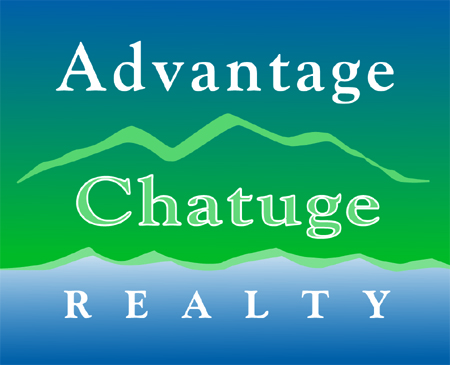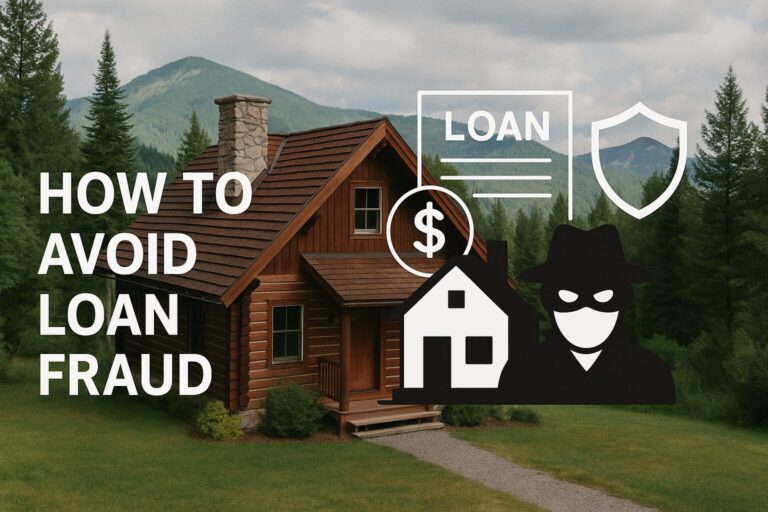Why Loan Fraud Protection, Matters for Homebuyers
Although uncommon in the North Carolina and Georgia mountains, loan fraud can occur anywhere, posing risks for buyers seeking a mountain home. Specifically, scammers exploit eager homebuyers with fake loan offers or predatory terms, threatening financial security. Staying informed is key to avoid loan fraud and protect your purchase. Here are essential tips to navigate financing safely.
Beware of Guaranteed Approvals
Lenders offering “guaranteed approval” without credit or income checks often signal scams. Thus legitimate lenders follow the Truth in Lending Act (TILA), requiring transparent terms. The Federal Trade Commission flagged 2025 cases where scammers pushed subprime loans. To avoid loan fraud, verify lenders through the Nationwide Multistate Licensing System (NMLS) before sharing personal details or signing agreements.
Avoid Upfront Fee Traps
Never pay fees before reviewing loan paperwork. Fraudsters demand untraceable payments, like cryptocurrency or gift cards, unlike reputable lenders who disclose costs at closing, per TILA guidelines. For example, a buyer might face fake fees when financing a mountain property. Walk away from upfront payment demands and report them to the Consumer Financial Protection Bureau (CFPB) to stay safe.
Spot Impersonation Scams
Scammers may impersonate government agencies, like the Department of Education, to steal information. In 2025, the FTC reported scams using fake caller IDs to mimic loan servicers. Identically, a suspicious call about urgent loan approval is a red flag. Verify contacts through official sites like StudentAid.gov or CFPB.gov, and avoid sharing Social Security numbers or bank details with unsolicited callers.
Steer Clear of High-Risk Loans: Safe Home Financing
High-risk loans, such as balloon or payday loans, can lead to financial trouble. Balloon loans, with large final payments, or payday loans, with steep rates (per Debt.org), risk debt traps. To avoid loan fraud, and insure you have safe home financing, choose fixed-rate mortgages from trusted lenders. Researching loan types ensures buyers find safe, affordable financing for their mountain home purchase.
Protect Your Identity
Identity theft fuels loan fraud, with FinCEN noting a 102% rise in mortgage-related cases (2004-2005). Scammers use stolen data to secure fraudulent loans. Never share personal details, like Social Security numbers, with unverified lenders. Regularly monitor your credit at AnnualCreditReport.com to catch issues early, safeguarding your finances during a home purchase.
Stay Informed and Act Fast
Vigilance is your best defense to avoid loan fraud. If you suspect a scam, act quickly: contact your bank, file a police report, and notify the FTC at ftc.gov. While rare in mountain communities, fraud risks persist, especially with AI-driven scams (CFPB, 2024). Hiring an experienced buyer’s agent, like Gary Ward at Advantage Chatuge Realty, helps navigate the complexities of purchasing a North Carolina or Georgia mountain home. Visit CFPB Fraud Resources for more. Contact Gary at Advantage Chatuge Realty to start your journey.
FAQ: Avoiding Loan Fraud
- What are loan scam signs? Guaranteed approvals, upfront fees, or pressure to sign quickly.
- How does Gary help? He will suggest trusted lenders and legal assistance to help ensure safe financing.
- Where do I report fraud? Contact the FTC, CFPB, or NC DOJ (1-877-5-NO-SCAM).




